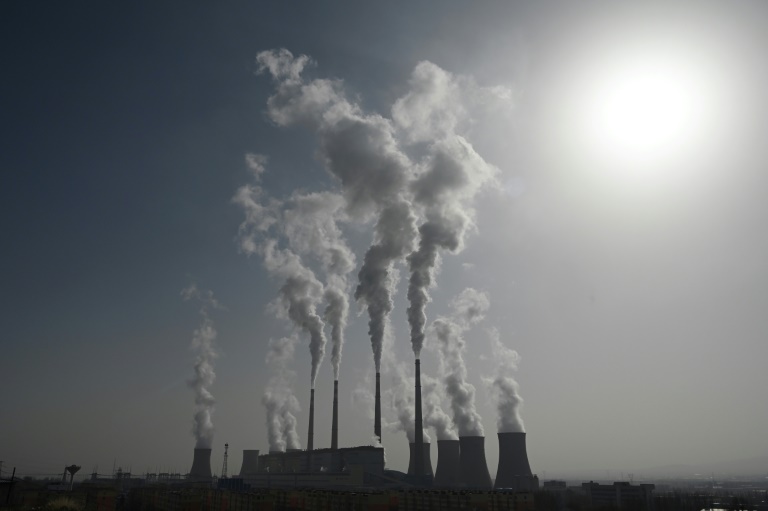Climate Clash: Global Powers Collide Over Landmark UN Report

As global climate tensions simmer, delegates from nearly 200 countries converge today to navigate the complex landscape of the UN's upcoming comprehensive climate science assessment. The high-stakes negotiations center on crafting a groundbreaking three-part report that will scrutinize the physical science of global warming, examine its far-reaching impacts, and propose innovative solutions for reducing greenhouse gas emissions.
The critical challenge facing these international representatives is developing this pivotal document with sufficient speed and precision to inform the landmark 2028 UN global climate response review. This assessment represents a crucial opportunity to provide policymakers and scientists with the most up-to-date and actionable insights into our planet's rapidly changing climate dynamics.
With the urgency of climate change mounting, these negotiations carry immense weight, potentially shaping global environmental strategies for years to come. Delegates must balance scientific rigor, political considerations, and the pressing need for timely, comprehensive climate intelligence.
The outcome of these discussions could significantly influence international climate policy, research priorities, and collective efforts to mitigate the escalating challenges posed by global warming.

